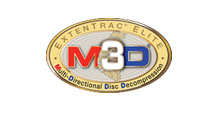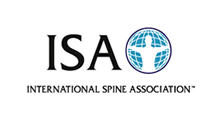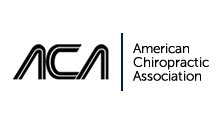
Spine Disorders
|
SIGNS AND SYMPTOMS Neck
pain may be present directly after the injury or may be delayed in onset for
several days. In addition to neck pain, additional signs and symptoms may
include neck stiffness, injuries to the muscles and ligaments (myofascial
injuries), headache, blurry vision, dizziness, abnormal sensations such as
burning or prickling (paresthesia), or shoulder or back pain. In addition, some
people experience cognitive, somatic, or psychological conditions such as
memory loss, concentration impairment, nervousness/irritability, sleep
disturbances, fatigue, or depression. Severe whiplash injury may result in cervical disc
herniation, cervical fracture as well as spinal cord and/or spinal nerve root
injury in the neck. Severe whiplash can also result in spinal ligament
compromise leading to risk for spinal segment instability. Post-traumatic
neck X-rays of an uncomplicated whiplash injury of the neck are often normal
with the exception of the presence of reduced normal cervical curve (tendency
towards a straight cervical spine) which occurs secondary to muscle spasm
(muscular guarding). Whiplash usually responds favorably to a course of
conservative (non-operative) care. An underlying condition such as a disc
herniation, degenerative disc disease, spinal stenosis and/or other
degenerative disorder involving the neck will predispose an individual to a greater
degree of soft tissue damage with whiplash. The most common symptom associated
with whiplash is neck and/or upper back pain. The pain associated with whiplash
may be experienced immediately, at the time of trauma or it may develop hours
or days later. Some individuals experience very little pain while others may
experience disabling pain. The signs and symptoms associated with whiplash
injury include:
CAUSES Whiplash refers to a strain/sprain
injury to the neck. It can occur as the result of a variety of physical
mechanisms such as:
|
















